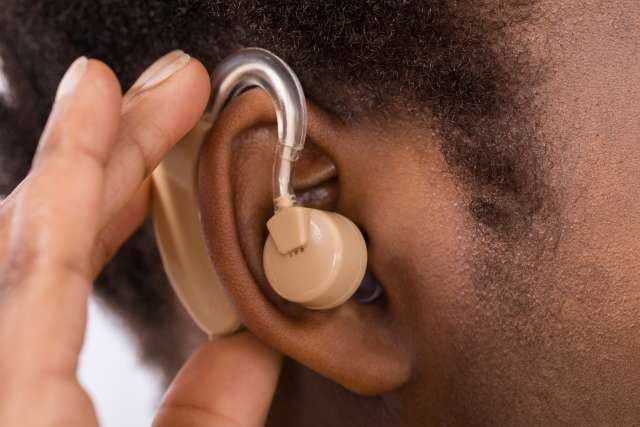Hello, dear readers, and welcome to a bonus letters column. We will begin with the reminder it's still not too late to get your flu shot or the updated COVID vaccine. As we mentioned before, it is safe to get these at the same time. There is also some evidence that doing so bumps up the immune response to the flu vaccine. And now, your letters.
-- We recently wrote about the benefits and challenges of swimming faced by people living with Parkinson's disease. Buoyancy in the water allows them a greater range of motion. However, physical limitations make being in the water potentially dangerous. We stated that someone with Parkinson’s disease should never be in the pool alone. A reader whose husband is living with Parkinson’s disease shared her experience of why this is so important: "I am a poor swimmer, and my husband had been an excellent swimmer," she wrote. "We were doing laps in his daughter's pool, and while at the deep end of the pool, he 'forgot' how to swim. Fortunately, I was able to swim to him and pull him to the edge. People with Parkinson's should never exercise without a spotter."
-- We received several letters regarding a column that discussed a metabolic process known as methylation, which affects aging. In it, we discussed a small study that linked a specific program of diet, supplements and lifestyle behaviors to changes in metabolic behavior that suggest a younger biological age. Some of you have asked to read that study. It was published in volume 15, issue 6 of the Journal of Aging. The publication date was March 31, 2023.
-- We often discuss topics that involve osteoarthritis, a degenerative disease caused by the gradual breakdown of tissues in the joints. It is the most common type of arthritis and is most often seen in older adults. In a recent column, we inadvertently referred to osteoarthritis as an autoimmune disease. It is not. That's rheumatoid arthritis, in which a malfunction in the immune system causes it to attack and degrade the tissues of the joints. Thank you to the reader who pointed this out.
-- A reader who underwent weight-loss surgery that reduces the size of the stomach wrote to ask about sparkling water. "Does sparkling water expand the capacity of the stomach?" they asked. "I did a gastric sleeve a year ago, and I don't want anything to expand my stomach." All carbonated beverages release gas. When confined to a closed space, such as the stomach, they can cause it to expand. Patients who have undergone bariatric surgery are advised to completely avoid carbonated beverages in the first months, and for up to a year, after bariatric surgery. The surgeon overseeing the procedure will give specific instructions. It is typically recommended that in the long term, these beverages be limited, and if possible, avoided.
Thank you to everyone who took the time to write. We have recently had some very kind letters. Hearing that the information in these columns has been helpful means a lot to us.
(Send your questions to [email protected], or write: Ask the Doctors, c/o UCLA Health Sciences Media Relations, 10960 Wilshire Blvd., Suite 1955, Los Angeles, CA, 90024. Owing to the volume of mail, personal replies cannot be provided.)




